The Coriolis Mass Flow Meter is a remarkable technological achievement in the realm of fluid dynamics measurement. It’s an advanced solution crafted to precisely measure the flow of both liquids and gases. Essentially, the Coriolis Mass Flow Meter harnesses the Coriolis effect, a physical phenomenon that introduces a unique element to the movement of fluids. This distinctive feature allows for precise measurements, even in challenging industrial settings.
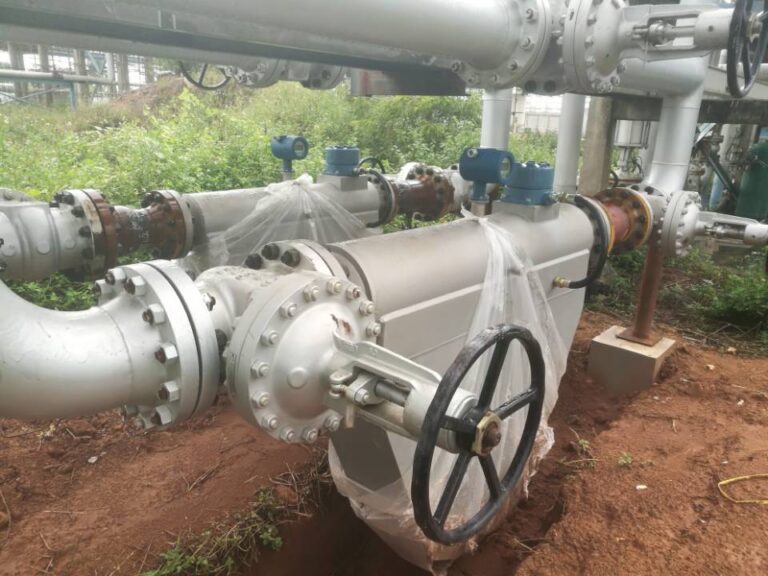
A specific and crucial application of the Coriolis Mass Flow Meter is in measuring Liquefied Petroleum Gas (L.PG). As various industries increasingly rely on LPG, the need for accurate measurement has grown significantly. LPG plays a pivotal role in providing cleaner and more efficient energy solutions, spanning from industrial processes to household use and beyond.
This article dives into the proficiency of the Coriolis Mass Flow Meter in measuring LPG, shedding light on its operational principles, the challenges posed by LPG, and the broader implications for industries dependent on this versatile gas. As we embark on this journey, we’ll uncover the scientific foundations of the Coriolis effect, examining how it transforms the simple flow of fluids into a highly precise measurement process. The synergy between the Coriolis effect and the Coriolis Mass Flow Meter positions it as an invaluable tool capable of overcoming challenges presented by varying fluid properties, particularly in the realm of LPG measurement.
How the Coriolis flow meter works to measure LPG
The Coriolis flow meter operates as a precision instrument, employing the Coriolis effect to measure the flow of Liquefied Petroleum Gas (LPG) with exceptional accuracy. At its essence, the Coriolis effect is a physical phenomenon that manifests as a result of the Earth’s rotation. This effect causes a moving fluid, such as LPG, to exhibit a distinct rotational motion. The Coriolis flow meter capitalizes on this principle to deliver precise measurements of LPG flow rates.
In practical terms, the Coriolis flow meter consists of a vibrating tube through which the LPG flows. As the LPG moves through the tube, it experiences the Coriolis effect, causing the tube to twist or oscillate. Sensors integrated into the meter detect these oscillations, and the degree of twist correlates directly with the mass flow rate of the LPG. This correlation forms the basis for accurate measurement.
What sets the Coriolis flow meter apart is its ability to measure both the mass flow and density of the LPG simultaneously. Traditional flow meters often struggle to provide accurate readings when faced with varying fluid properties, but the Coriolis flow meter excels in this regard. This capability makes it particularly well-suited for applications where precise measurement is crucial, such as in industries relying on LPG for diverse purposes.
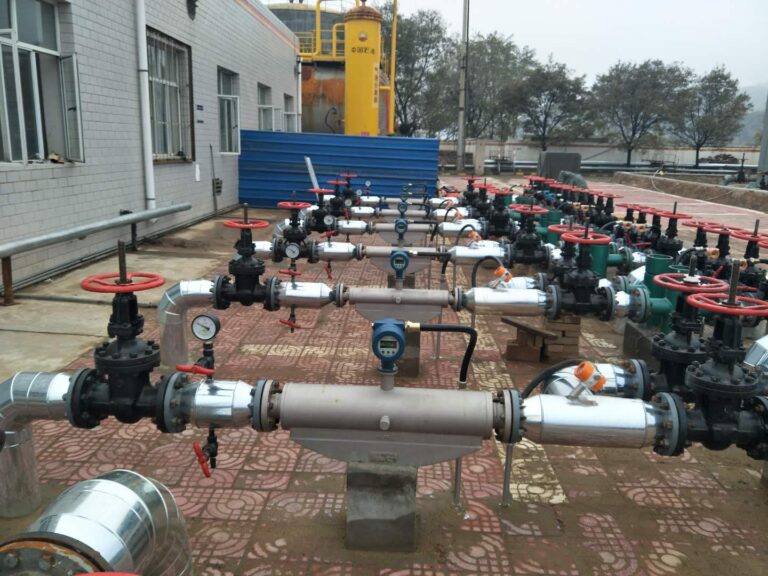
Specific challenges in measuring LPG flow
Assessing the flow of Liquefied Petroleum Gas (LPG) poses distinctive challenges owing to the distinct characteristics inherent in this multifaceted fuel.. One significant obstacle lies in the variable composition of LPG, which can include propane and butane in different proportions. Traditional flow meters may struggle to maintain accuracy in the face of such compositional fluctuations, leading to imprecise measurements.
Furthermore, LPG is often stored and transported under varying temperatures and pressures, impacting its density and viscosity. Conventional flow meters may falter in providing consistent readings when confronted with these changing conditions. Additionally, the compressibility of LPG adds another layer of complexity, as its volume is sensitive to alterations in pressure.
The potential presence of entrained air or vapor in the LPG stream further complicates measurement accuracy. This entrained air can affect the density of the fluid, influencing the readings of certain flow meters. Overcoming these challenges requires specialized instrumentation, such as Coriolis flow meters, capable of providing accurate measurements despite the dynamic nature of LPG. In navigating these intricacies, precision becomes paramount, ensuring that industries relying on LPG receive reliable data for efficient and safe operations.
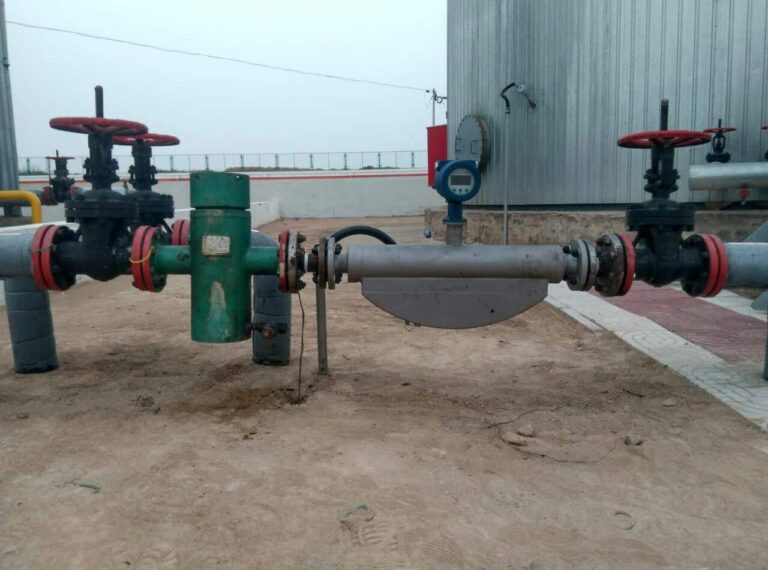
Importance of Accurate Measurement in LPG Applications
Building on the challenges, the importance of accurate LPG measurement becomes evident across various industries. In sectors ranging from manufacturing and energy production to residential use, precise LPG measurements are crucial for optimizing operational efficiency and ensuring safety.
In industrial processes, where LPG is a key component, accurate measurement directly influences production quality and cost-effectiveness. Precise LPG flow data enables tight control over processes, enhancing overall productivity and minimizing waste. This is particularly vital in applications such as chemical manufacturing, where precise proportions of LPG are essential for desired outcomes.
For energy production, accurate LPG measurements contribute to the reliable operation of systems utilizing this gas. Whether in power generation or as a clean fuel alternative, precise measurement ensures optimal combustion and energy efficiency. In residential contexts, accurate LPG measurement is vital for billing accuracy, ensuring that consumers are billed fairly for the gas they use.
Moreover, in all applications, accurate LPG measurement plays a critical role in maintaining safety standards. Overestimating or underestimating LPG quantities can lead to operational hazards, emphasizing the need for precision in measurements. In essence, the importance of accurate measurement in LPG applications extends far beyond operational efficiency, influencing the quality of products, energy efficiency, and most importantly, ensuring the safety of both industrial processes and end-users.
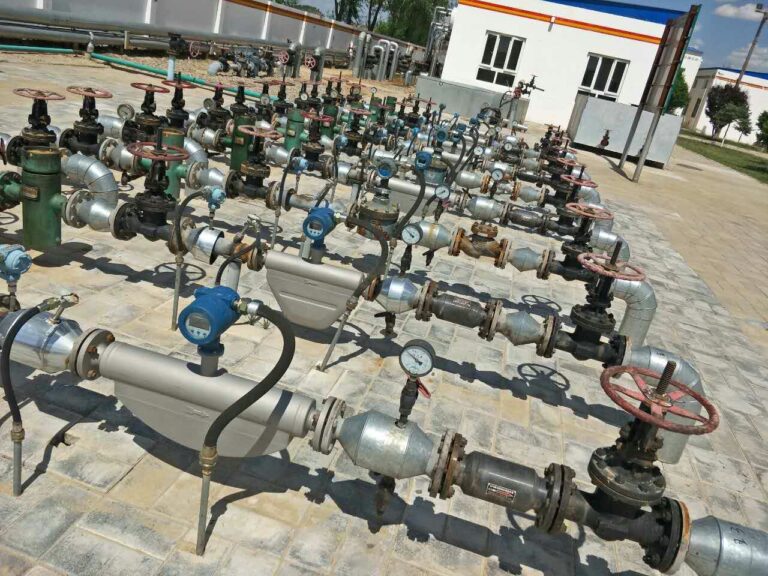
Advantages of Using Coriolis Mass Flow Meter for LPG
The utilization of Coriolis Mass Flow Meters for measuring Liquefied Petroleum Gas (LPG) offers several advantages, foremost among them being unparalleled accuracy and precision. In comparison to traditional flow measurement methods, Coriolis Mass Flow Meters excel in providing precise readings even in the face of varying LPG compositions. The Coriolis effect-based measurement ensures accuracy in determining mass flow rates, overcoming the limitations often associated with other flow meters in accurately assessing the dynamic nature of LPG.
Furthermore, the reliability of Coriolis Mass Flow Meters extends to diverse environmental conditions. They demonstrate consistency in measurements despite fluctuations in temperature and pressure, which are inherent challenges in LPG applications. This reliability ensures that industries relying on LPG can maintain accurate readings regardless of the operational conditions, promoting stable and efficient processes.
In essence, the advantages of using Coriolis Mass Flow Meters for LPG measurement lie in their superior accuracy, precision, and reliability across varying environmental conditions, making them an invaluable tool for industries where precise measurements are essential for optimal performance and safety.
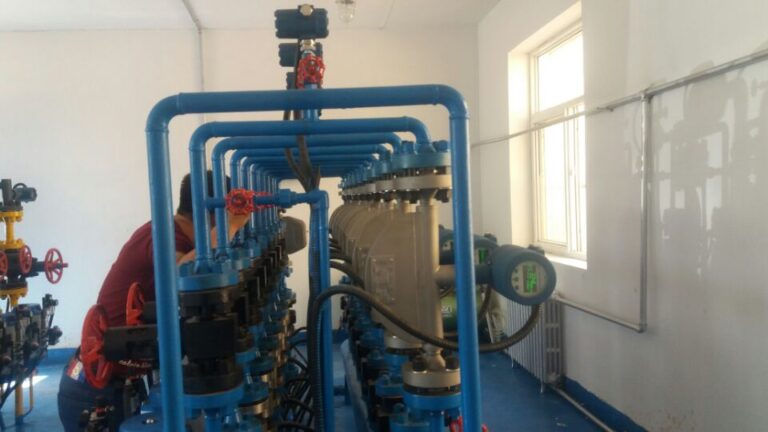
Applications of Coriolis Mass Flow Meter in LPG Industry
Coriolis Mass Flow Meters have emerged as indispensable tools in the Liquefied Petroleum Gas (LPG) industry, revolutionizing processes in chemical and petrochemical industries, as well as LPG distribution and storage. Their ability to harness the Coriolis effect has paved the way for unparalleled accuracy and real-time monitoring, making them essential for optimizing operations and ensuring safety in the dynamic landscape of the LPG sector.
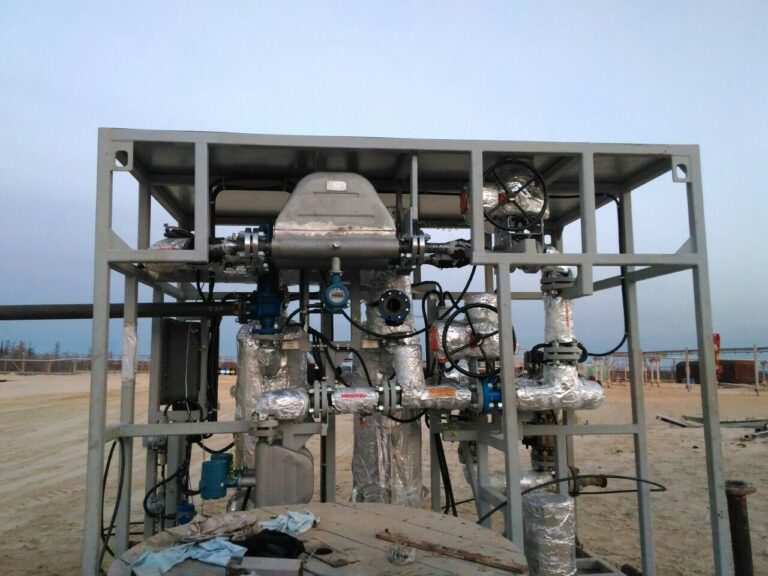
1. Chemical and Petrochemical Industries:
– Precision in Chemical Reactions: Coriolis Mass Flow Meters ensure accurate measurement and control of LPG flow, facilitating precise delivery to chemical reactors. This accuracy is crucial for maintaining desired chemical reactions and ensuring product quality.
– Real-time Monitoring: The meters provide real-time data on mass flow rates, allowing operators to make instantaneous adjustments to the LPG supply. This capability enhances overall process efficiency and responsiveness.
2. LPG Distribution and Storage:
– Optimizing Distribution: Coriolis Mass Flow Meters accurately measure LPG quantities during distribution, preventing over or underfilling of storage tanks in trucks. This optimization minimizes wastage and ensures that the correct amount of LPG reaches end-users.
– Inventory Management: In storage facilities, these meters enable continuous monitoring of LPG flow in and out of tanks. This data is crucial for maintaining optimal inventory levels, preventing overpressure situations, and ensuring safety in storage operations.
In both applications, the Coriolis Mass Flow Meter’s ability to provide precise, real-time measurements is a common thread. This precision plays a crucial role in optimizing operational efficiency, upholding product quality, and guaranteeing the safety of both personnel and facilities.
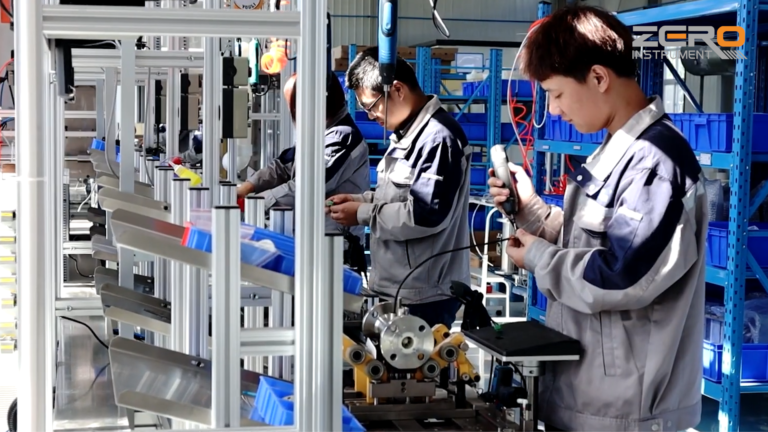
Conclusion
In conclusion, the use of Coriolis Mass Flow Meters to measure Liquefied Petroleum Gas (LPG) highlights their importance in ensuring accuracy and efficiency in the industry. These meters, by employing the Coriolis effect, provide a dependable way to measure LPG flow rates with exceptional precision.
Whether in the complex processes of chemical and petrochemical industries or the dynamic aspects of LPG distribution and storage, these meters play a crucial role. Nevertheless, it’s important to recognize challenges related to viscosity variations and the necessity for careful maintenance and calibration.
Addressing these challenges is key to maintaining the reliability of LPG measurements. As technology progresses, the Coriolis Mass Flow Meter remains a fundamental tool for safely and precisely measuring LPG, significantly contributing to the overall operational integrity of the industry.
